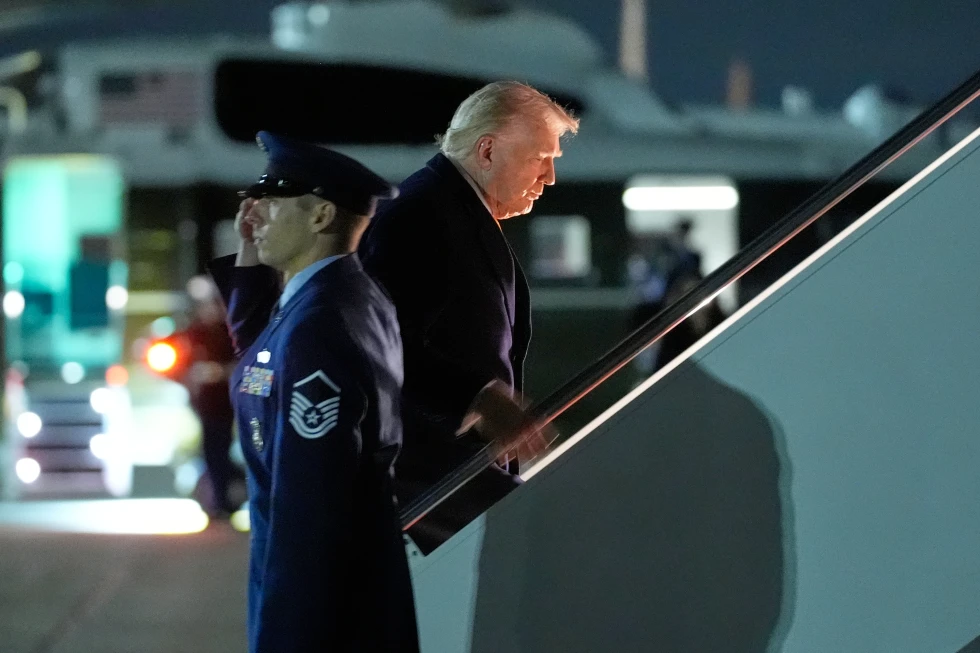President Donald Trump on Friday announced a sweeping rollback of U.S. tariffs on beef, coffee, tropical fruits and a wide range of other everyday commodities a dramatic shift that comes as voters across the country increasingly blame his trade policies for the rising cost of living.
The reversal marks one of the most significant departures from the president’s second-term economic strategy. Since returning to the White House, Trump has championed aggressive tariffs on global imports in a bid to boost domestic production. But recent off-year election losses in Virginia, New Jersey and other states — where voters cited affordability as their top concern appear to have forced a recalibration.
“We just did a little bit of a rollback on some foods like coffee,” Trump said aboard Air Force One, acknowledging for the first time that his tariffs “may, in some cases” contribute to higher consumer prices.
The rollback covers staples central to the American household budget: beef, tea, cocoa, fruit juice, bananas, oranges, tomatoes, spices and certain fertilizers. Many of these goods are not produced in large quantities in the United States, meaning earlier tariffs offered little benefit but drove up retail prices.
Mounting Political Fallout
Democrats swiftly framed Friday’s announcement as an admission of economic mismanagement.
“President Trump is finally admitting what we always knew: his tariffs are raising prices for the American people,” said Rep. Don Beyer of Virginia, arguing the policy shift followed “voters’ fury” over persistent inflation.
Despite the president’s repeated claims that inflation had “vanished,” federal data continues to show elevated grocery prices, with record-high beef costs drawing particular scrutiny. Tariffs on Brazil, a major beef exporter, had worsened the strain.
Industry groups were quick to welcome the reversal. The Food Industry Association said the move provides “swift tariff relief,” adding that import taxes remain a major factor in food supply costs.
Trade Agreements Shape the Retreat
The White House explained that some tariffs initially imposed on “nearly every country on earth” were no longer necessary due to new framework agreements with Ecuador, Guatemala, El Salvador and Argentina. These pacts aim to expand U.S. access to industrial and agricultural markets, while easing import restrictions on products those nations provide.
Trump had hinted earlier in the week that reductions were imminent, telling Fox News host Laura Ingraham: “Coffee, we’re going to lower some tariffs.”
A New Round of Checks?
Despite the retreat, the president doubled down on a controversial proposal to fund $2,000 direct checks to many Americans using tariff revenue even as he simultaneously floated using the same revenue to reduce national debt.
“Sometime during the year,” Trump said, suggesting payments could come in 2026 but offering no details. He dismissed concerns that such checks could fuel inflation, even though he argued previous relief payments contributed to price spikes.
“This is money earned as opposed to money that was made up,” he said. “Everybody but the rich will get this.”
Friday’s announcement marks one of the sharpest pivots of Trump’s second term an acknowledgment, critics say, that economic anxiety heading into 2026 has become too politically costly to ignore.


